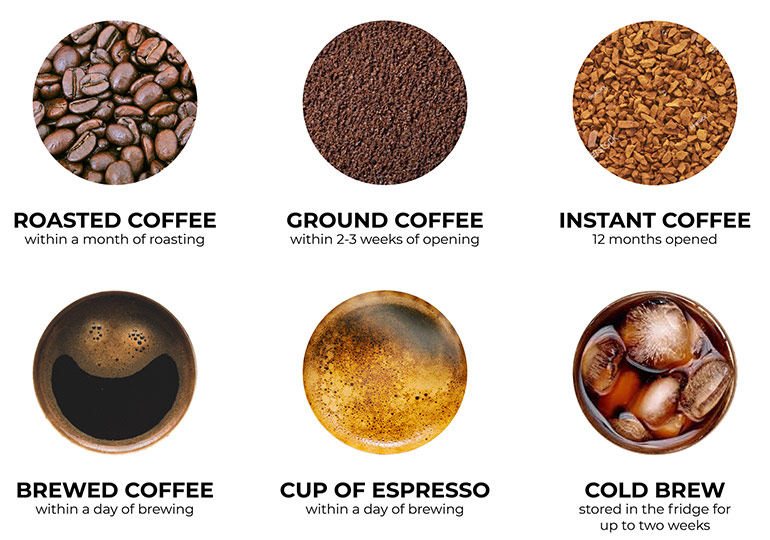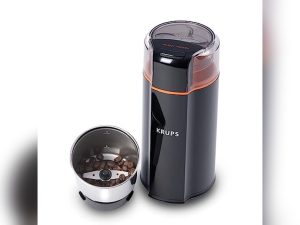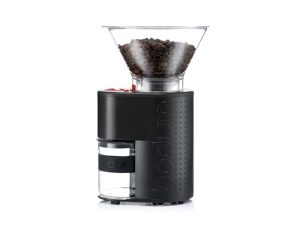Have you ever stumbled across a forgotten bag of coffee beans in your pantry, only to notice it’s past its expiration date? If you’re like most coffee lovers, your heart might skip a beat at the thought of throwing away good coffee.
But wait, before you toss those beans, consider this: expiration dates on coffee are more of a guideline than a hard rule. Curious about how long coffee beans actually last after the expiration date? You’re not alone. Many coffee enthusiasts wonder the same, eager to savor every last drop of their favorite brew.
Stick around, and you’ll discover the surprising truth about your beans’ longevity and learn how to make the most of your coffee stash. Your next perfect cup might be closer than you think.
Shelf Life Of Coffee Beans
When you purchase coffee beans, you might not think about their expiration date right away. But understanding the shelf life of coffee beans can make a big difference in your coffee experience. Fresh beans can elevate your morning brew, while stale ones might leave you less satisfied.
Factors Affecting Freshness
Several factors influence how long coffee beans stay fresh. Storageis key—beans kept in a cool, dark place last longer. Exposure to air, moisture, heat, and light can speed up the deterioration process.
The roast levelalso plays a role. Darker roasts may not last as long as lighter ones because they have more oils on the surface. These oils can become rancid over time, impacting flavor.
Consider the packagingtoo. Vacuum-sealed bags or those with one-way valves help maintain freshness by keeping out air. Have you checked how your beans are packaged?
Types Of Coffee Beans
Different types of coffee beans have distinct shelf lives. Arabica beans, known for their smooth flavor, are popular but may be more delicate. They often have a shorter shelf life compared to robusta beans.
Robusta beansgenerally have a more bitter taste but are hardier. They tend to last a bit longer because they’re more resistant to environmental changes.
Have you ever noticed the difference in freshness between whole beans and ground coffee? Whole beans tend to last longer because grinding increases surface area, making them more susceptible to oxidation.
Next time you brew a cup, consider when you bought those beans. Are they still at their peak? Understanding the shelf life of coffee beans can help you make better choices and enjoy every sip to its fullest potential.
Signs Of Expired Coffee Beans
Ever wondered if those coffee beans you’ve been hoarding in the pantry are still good? You might be surprised to learn that expired coffee beans don’t necessarily become harmful overnight. However, they do lose the rich qualities that make your morning brew delightful. Recognizing the signs of expired coffee beans can help you decide whether it’s time for a fresh batch or if those old beans might still do the trick.
Changes In Aroma
A fresh batch of coffee beans has a distinctive, invigorating aroma that fills the room. It’s the first sign that your coffee experience will be a good one. But when beans are past their prime, the aroma dissipates. Have you ever opened a bag and noticed it smells stale, or worse, like nothing at all? That’s a clear indicator the beans have expired.
The scent is not just an olfactory pleasure; it’s a clue to the quality of your brew. If the beans have lost their fragrance, they likely won’t deliver that full-bodied flavor you’re expecting. So next time you open a bag, take a moment to breathe in. Is it as aromatic as you’d hoped?
Altered Taste
Imagine taking a sip of your coffee only to be greeted by a flat, bitter taste. That’s a telltale sign your beans have expired. Fresh beans offer a complex, enjoyable flavor, but expired ones can taste dull or unpleasant. This change in taste can transform your beloved coffee ritual into a disappointing experience.
If your coffee tastes off, it might not just be a bad brew method. Consider the age of your beans. Even if they look fine, the taste can tell a different story. Have you ever had a cup that tasted so bad you wondered if you should switch brands? Sometimes, the beans are simply too old.
Visual Indicators
Take a close look at your coffee beans. Fresh beans have a glossy appearance due to the natural oils. Over time, these oils dry out, leaving the beans looking dull and lifeless. Do you see any discoloration or odd textures? These visual changes can be a sign that the beans are past their expiration date.
It’s easy to overlook the visual aspect when you’re eager for a caffeine fix. But next time, inspect your beans before brewing. Are they as vibrant and oily as you remember? If not, it might be time to toss them and invest in a new batch. Remember, appearance can be just as telling as taste and smell.
Storing Coffee Beans
Understanding how to store coffee beans properly is crucial for maintaining their freshness and flavor. Without the right storage methods, coffee beans can quickly lose their aroma and taste. Keeping them in optimal conditions extends their life, even beyond the expiration date.
Optimal Storage Conditions
Store coffee beans in a cool, dry place. Avoid direct sunlight as it can degrade quality. Temperature fluctuations harm the beans. A consistent environment is key. Use airtight containers to protect from moisture and air. Airtight seals preserve flavor and aroma.
Impact Of Packaging
The type of packaging affects bean longevity. Vacuum-sealed bags extend shelf life. They prevent exposure to oxygen. Oxygen accelerates staleness. Foil-lined bags with a one-way valve are ideal. They allow gases to escape without letting air in. Glass jars are not recommended. They offer little protection against light and air.
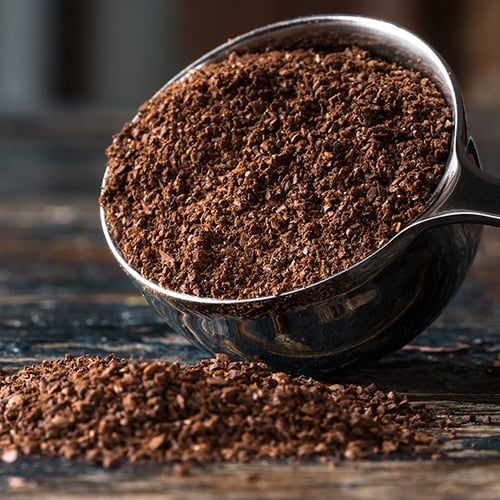
Credit: www.webstaurantstore.com
Using Expired Coffee Beans
Coffee beans can last beyond their expiration date. Stored properly, they remain usable for months. Check for mold or off smells before using them.
Using expired coffee beans might sound like a risky endeavor, but there’s more to these little brown gems than meets the eye. Have you ever wondered what happens if you brew coffee using beans past their expiration date? They might surprise you. While freshness is key for a perfect cup, expired beans can still play a role in your daily routine. Let’s dive into the possibilities of using expired coffee beans.
Safe Consumption
Safety is your first concern. You might ask, “Can expired coffee beans still be consumed without harm?” The answer is generally yes, if they’re stored properly. They may lose flavor and aroma, but they are unlikely to cause harm unless they show signs of mold or an off smell. Before brewing, inspect your beans. If they look and smell okay, give it a try. You might find the taste less vibrant, but still enjoyable. A friend once brewed a pot using beans a few months past expiration. The taste was not as rich, but it was still drinkable. Would you risk it for a morning caffeine fix?
Alternative Uses
Expired coffee beans don’t have to end their life in the trash. Ever thought of using them creatively? Here are some ideas: – Natural Deodorizer: Place expired beans in your fridge or shoes to absorb odors. Their aroma might not be coffee-shop fresh, but they still work wonders in neutralizing smells. – Garden Booster: Coffee grounds can be sprinkled in your garden as a fertilizer. They enrich the soil and deter pests. You can create a compost pile with your expired beans. – Craft Projects: Use them for homemade candles or as decorative pieces in vases. Their dark color adds elegance and charm. Have you tried any of these alternatives before? Share your experience with others who might need some inspiration. Using expired coffee beans might not always lead to a perfect cup, but they offer a chance to experiment and reuse. Think about how you can creatively make use of them. What innovative ideas can you come up with to extend their life beyond the coffee pot?
Extending Coffee Bean Life
Preserving the freshness of coffee beans can be a delightful challenge. While expiration dates provide a guideline, coffee beans may last longer with proper care. Extending their life can enhance your coffee experience. By employing certain methods, beans can remain flavorful beyond their expiration date.
Proper Freezing Techniques
Freezing coffee beans can extend their life. Store them in an airtight container. This keeps moisture out. Always portion the beans before freezing. It prevents repeated thawing. Thaw only the amount you need. This maintains their freshness.
Vacuum Sealing Benefits
Vacuum sealing removes air from the packaging. This helps preserve the beans’ aroma. It also protects from moisture and odors. Use a vacuum sealer to extend shelf life. It creates an airtight environment. Sealed beans stay fresh longer. They retain their rich flavor and aroma.
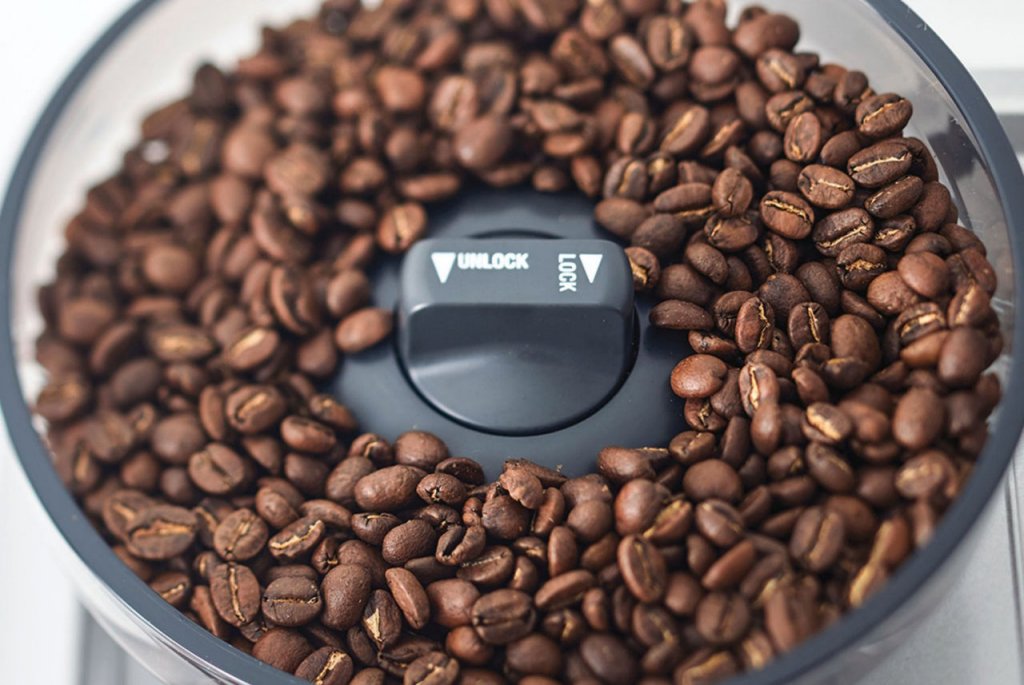
Credit: www.breville.com
Expert Opinions
Coffee beans often remain usable after their expiration date. Freshness and flavor might decrease over time. Proper storage extends their life, keeping them aromatic and delightful.
Expert Opinions Understanding the shelf life of coffee beans after their expiration date is crucial for any coffee enthusiast. While the date on the packaging gives a general guideline, insights from professionals can help you make informed decisions. How do experts view the longevity and safety of expired coffee beans?
Barista Insights
Baristas often handle coffee beans daily, giving them a practical perspective on freshness. Many assert that flavor is the first aspect to decline after expiration. They suggest smelling the beans as a quick test. If the aroma is weak or stale, the beans may not produce a flavorful brew. Some baristas have shared experiences of using beans past their expiration date. They highlight that while the taste might not be optimal, the beans can still brew a decent cup if properly stored. Would you risk a subpar cup for the sake of using expired beans?
Food Safety Experts
Food safety experts focus more on health implications. Coffee beans don’t spoil like dairy or meat, but their quality diminishes. They recommend examining the beans for any visible changes such as mold or unusual discoloration. Have you ever wondered what hidden dangers might lurk in expired beans? According to experts, if beans are stored in a cool, dry place, they can last beyond their expiration date without becoming unsafe. However, they caution against using beans that have been exposed to moisture. Moisture is the enemy, leading to mold and bacteria growth. Both baristas and food safety experts provide valuable insights, but ultimately, the choice is yours. Do you prioritize flavor or safety? Understanding these perspectives can guide you in making the right decision for your next cup of coffee.
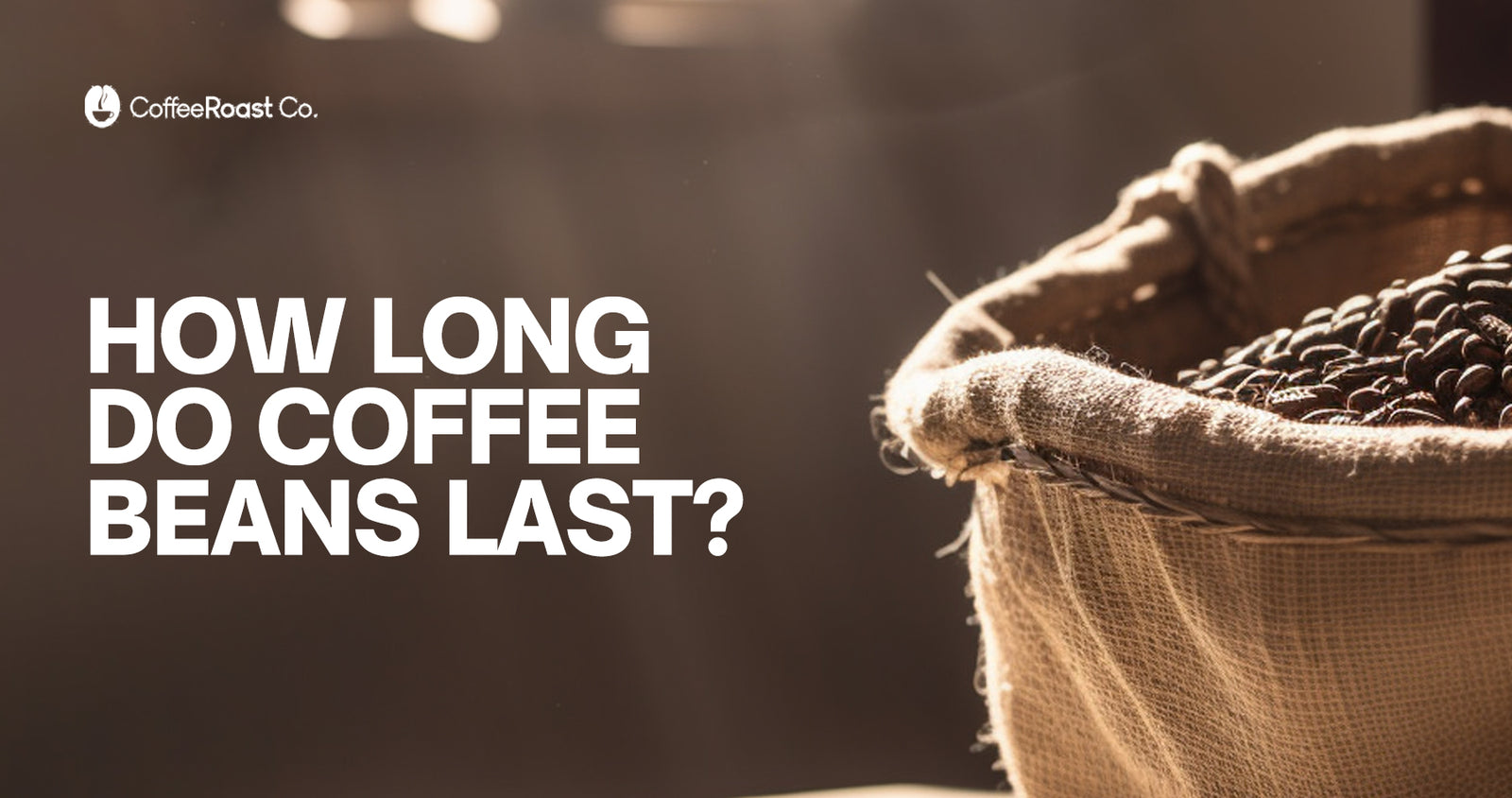
Credit: coffeeroastco.com
Frequently Asked Questions
Can I Use 2 Year Old Coffee Beans?
Yes, you can use 2-year-old coffee beans, but they might taste stale. Store beans in airtight containers to maintain flavor. Freshly roasted beans offer the best taste and aroma. Consider grinding just before brewing for optimal results. Quality may vary based on storage conditions.
Are Coffee Beans Ok After The Expiration Date?
Coffee beans can be consumed after expiration, but they may lose flavor and aroma. Store them in airtight containers for freshness. Check for mold or off smells before use. Quality diminishes over time, impacting taste. For best results, use beans within a few months of expiration.
Are 10 Year Old Coffee Beans Still Good?
Coffee beans lose flavor and aroma over time. Ten-year-old beans are likely stale and lack freshness. For optimal taste, use beans within a year. Store them in an airtight container away from light and moisture to prolong shelf life. Fresh beans ensure a more enjoyable coffee experience.
Can You Drink Coffee 2 Years Out Of Date?
Drinking coffee two years past its expiration date is usually safe but might taste stale. Always check for mold and a strange smell. Store it properly in a cool, dry place to maintain flavor. Quality and taste might decline over time, but it won’t typically be harmful.
Conclusion
Coffee beans last beyond their expiration date, but quality declines. Freshness matters for taste. Store beans in airtight containers. Cool, dark places are best. Avoid moisture and heat. Check for mold or strange smell. Trust your senses. If it smells or tastes off, discard it.
Old beans can lose flavor and aroma. But they are usually safe to use. Always grind beans before brewing for best taste. Enjoy your coffee experience with fresh beans. Keep exploring what works for you. Coffee is a journey, not just a drink.

